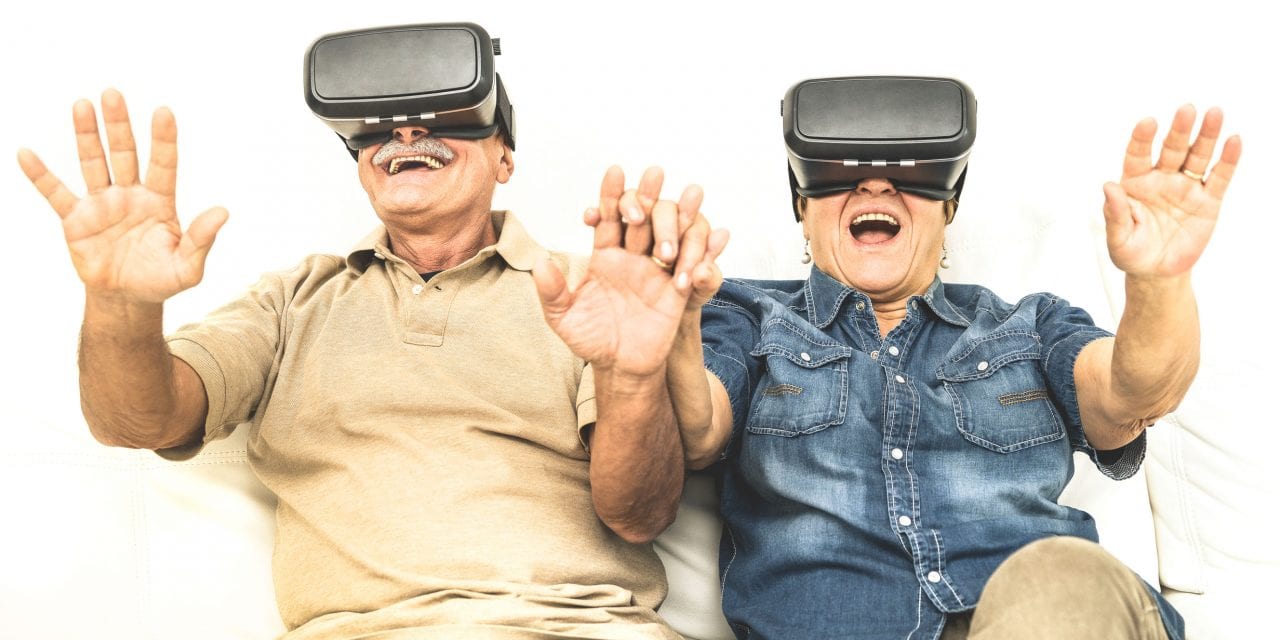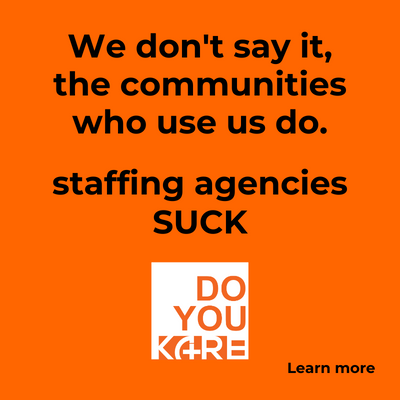When it comes to seniors and technology, we’re pretty clueless
By Susan Saldibar
When it comes to seniors and technology, we’re pretty clueless. And our assumptions are only serving to keep it that way.
I spoke recently with Suzanne Viox, Executive Director of Link-Age Connect (a Senior Housing Forum partner). Suzanne has been conducting focus groups for Linkage-Connect with the same group of senior adults for over four years. How cool is that? Link-Age Connect recently completed an extensive survey of individuals ages 55 to 100. The survey focused on how older Americans regard and use technology.
You might not be surprised to learn that we make a lot of assumptions about older Americans when it comes to technology. And, as becomes clear in the survey, most are not correct. Here are two big ones:
-
Seniors don’t like technology because they’re old. More likely, they don’t like technology because they’ve never liked technology, Suzanne tells me. “We assume that people change dramatically when they’re old. That’s not true,” she says. “I’m 52 and I don’t like technology. I use it because my kids use it, but I have never liked technology. And I probably still won’t like it when I’m 82,” she adds. Good point.
-
Seniors can’t adapt to new technology because they’re old. Suzanne reminds us that individuals in their 80s and older are of the pre-TV generation. They know how to adapt to new technology; from TVs to touch tone phones to mobile phones to computers. No generation has ever had to be more adaptive. “What’s next? Stay tuned! Always exciting. Like so many things, both wonderful and dangerous,” remarked a woman in her 70s. She could just as easily have been describing her first TV set.
Assuming we can overcome these assumptions, here are a few things older Americans want senior living to know:
-
We need WiFi. It’s a wake-up call for those communities still struggling with retrofitting for WiFi. Suzanne acknowledges the challenges of rewiring older infrastructures. But the bottom line is that it is needed, especially for lower income individuals who may not be able to afford cable but may have a refurbished tablet and can use it, along with WiFi, to communicate with family and do things like email the doctor’s office.
-
Explain the benefits of the technology first. Technology needs a rationale, a reason for being, Suzanne explains. “That means older adults may not be sold on something like Alexa, until you explain that it will do really useful things, like automatically turn their lights on and off,” she says. “Or if someone liked to travel all their life, the Google Earth app can enable them to see the world in a virtual view. But if they don’t see the value first, they won’t embrace the technology.” As a respondent in her 80s said, “I absolutely love technology. I can look up Bible passages without a book, I have so many learning places I can go to find out things that are in the here and now.” Benefits first.
-
Nothing replaces personal interaction. In many instances it’s not that older individuals are turned off to technology, rather, if it gets in the way of personal interactions, they are likely not to use it. According to the survey results, they prefer authentic relationships and will devote less time to anything that creates a barrier to it. “What happened to human touch?” one respondent asked.
-
Don’t push health and wellness technologies at us. While their family members may be interested, the residents themselves? Not so much. “No one wants to be told they are old, let alone old and sick,” Suzanne says. “So, if I walk into a room and start talking about fall recognition software, they lose interest.”
-
Respect us as individuals. Don’t lump everyone together with technology. “Just because 10 people love the virtual vacation concept, doesn’t mean everyone does,” Suzanne says. “These are individuals, with different needs and wants. There will always be residents who would rather sit in their rooms and watch Wheel of Fortune every evening instead of play with apps on their phones. You need to respect that.”
What I like about the survey is that it really drives home the point that older adults, like younger ones, refuse to be pigeonholed. And you really need to reach the comments in the back of the survey. On one hand, you have a respondent proclaiming, “I would be lost without it [technology],” and another dismissing it as making sense “for my wife only.” Wow. Responses as diverse as the individuals who gave them. Who knew?
The Link-Age Connect Survey results report is robust and full of valuable data. The best way to get its full impact is to download it, which you can do here.
For more information about link-age website.
Download a PDF copy of this article by clicking on the button below:










